Science: Social Science
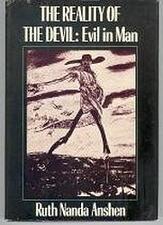
Ruth Nanda Anshen
Ruth Nanda Anshen, twentieth-century philosopher, lecturer, and author, was an “intellectual instigator” for such writers of genius and eminent thinkers as physicist Albert Einstein, scientist Jonas Salk, and others. Anshen created connections between the great thinkers of different fields, offering them opportunities to explain their work to each other and the general public.
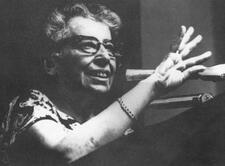
Hannah Arendt
Brilliant and controversial, Hannah Arendt was a German-trained political theorist whose books exerted a major impact on political theory in North America and Europe. The Origins of Totalitarianism (1951) made her an intellectual celebrity in the early years of the Cold War. She was the first woman to become a full professor at Princeton University.
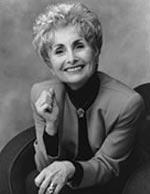
Ba'alot Teshuvah: Jewish Women Who Become Orthodox
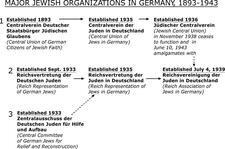
Cora Berliner
Cora Berliner was an economist and social scientist who held leadership positions in several major Jewish organizations in Germany between 1910 and 1942. These organizations included the Association of Jewish Youth Organizations in Germany, the Reich Representation of German Jews, and the League of Jewish Women.
Jessie Bernard
Sociologist Jessie Bernard’s feminist epiphany came at age 67 in 1969, but her earlier work anticipated feminist theory by discussing the differences between men’s and women’s experiences and arguing that quantitative studies did not accurately represent women’s stories.
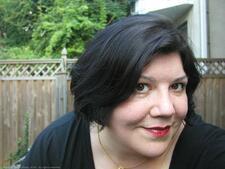
Hanne Blank
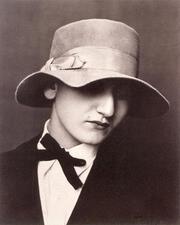
Anita Brenner
Anita Brenner, an anthropologist, journalist, and art historian, was born in Aguascalientes, Mexico, to Jewish immigrants from Latvia and grew up in Mexico and Texas. She was an important part of the Mexican Renaissance cultural scene, and the internal tension she experienced as Mexican, American, and Jewish provided her with insight into both Mexican and Jewish identity.
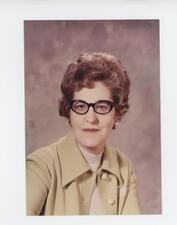
May Brodbeck
May Brodbeck, whose career in the sciences ran the gamut from teaching high school chemistry to exploring fundamental philosophical questions about the nature of human consciousness, was among the foremost American-born philosophers of science.
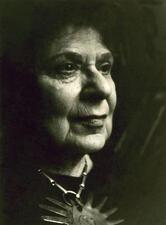
Ruth Leah Bunzel
Ruth Leah Bunzel began her career as anthropologist Franz Boas’s secretary, soon becoming an accomplished anthropologist herself. She broke new ground in her research the relationship of artists to their work and on alcoholism in two villages in Guatemala and Mexico.
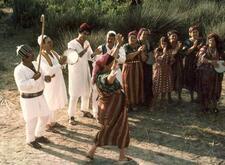
Community Dance Practices in the Yishuv and Israel: 1900-2000
Rose Laub Coser
Sociologist Rose Laub Coser redefined major concepts in role theory—the idea that our actions are largely dictated by our roles in society—and applied them to expectations of women’s roles in the family and the workplace.
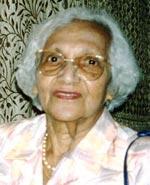
Ruby Daniel
Ruby Daniel’s 1995 book, Ruby of Cochin: An Indian Jewish Woman Remembers, combines recounting of historical events with engaging storytelling. The book endures as a significant contribution to Jewish history and ethnography.
Ruth Lewis Farkas
Ruth Lewis Farkas’ remarkable and varied career ranged from creating a retail chain that survived the Great Depression, to teaching sociology, to running international education initiatives. Her impressive and full life spanned many occupations: educator, sociologist, businesswoman, philanthropist, inventor, wife, and mother.
Sara Rivka Feder-Keyfitz
Eleanor Glueck
For half a century, Eleanor Glueck worked with her husband, a professor of criminology at Harvard Law School, to produce studies of juvenile delinquency and adult crime. In addition to statistical modeling of crime, they did follow-up studies to understand the roots of criminal behavior.
Esther Schiff Goldfrank
Although she never earned a degree in anthropology or taught a class, Esther Schiff Goldfrank made significant contributions to the field through her studies of communities as disparate as Pueblo Indians and New Yorkers.
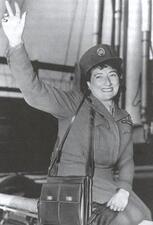
Ruth Gruber
Ellen Phyllis Hellmann
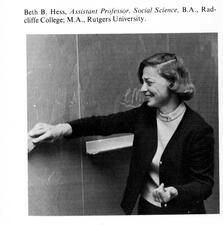
Beth Bowman Hess
Beth Bowman Hess was a feminist sociologist and gerontologist whose leadership, scholarship, teaching, service and mentoring were a model for many women. She brought a humanist and feminist sensibility to gerontology by discussing the difficulties the elderly faced not as problems inherent in older people, but as problems in the social order that should be confronted and changed.
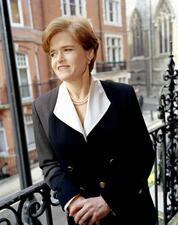
Historians in the United States
American Jewish women have made important contributions to historical scholarship, especially in the arenas of social history of the United States and Europe, women’s history, and Jewish history. Jewish women, sensitive to the situations of minority groups, became pioneers in these fields as they developed from the 1970s on.
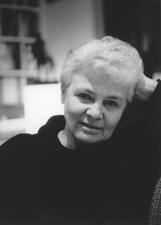
Holocaust Studies in the United States
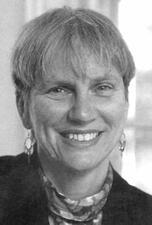
Paula E. Hyman
Distinguished historian Paula Hyman was engaged deeply in Jewish feminism and wrote extensively on the history of Jewish women in an effort to integrate their experience into the Jewish historical narrative. A role model for many, she challenged sacrosanct beliefs and stereotypes with vigor and knowledge and left behind a myriad of scholarly contributions and a profound vision for Jewish women.
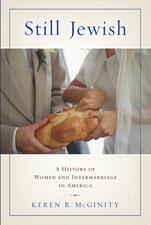
Jewish Women and Intermarriage in the United States
Marriages between Jews and people of other faiths have long fascinated scholars, clergy, and communal leaders, who often considered the choice of a Jewish spouse as an indication of the strength of ethnoreligious identity and commitment to perpetuating Judaism and the Jewish people. However, many Jewish women who intermarry in the United States continue to identify Jewishly, engage in the Jewish community, and raise Jewish children.
This entry uses gender as category of analysis and change over time to illuminate the experience and meaning of interfaith marriage for Jewish women in America. It describes how women navigated their ethnoreligious identities when they married Gentile men, the influences of feminism, the rise of ethnic consciousness, and parenthood.
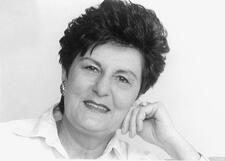
Dafna Nundi Izraeli
Feminist sociologist and peace activist Dafna Nundi Izraeli spent her life dedicated to women's studies, a field of inquiry previously largely unrecognized and trivialized by Israeli academia. She was among the first researchers in Israel to point out the connection between the gender power structures in the Israel Defense Force and in Israeli civilian society. Through her academic and political leadership roles, she worked tirelessly for the advancement of feminist values and scholarship.
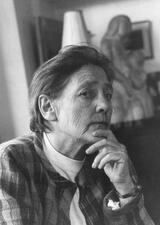
Marie Jahoda
Marie Jahoda was a major figure in social psychology, known for her work on the effects of unemployment on emotional well-being, as well as the social impact of McCarthy-era blacklisting. Jahoda received an award for distinguished contributions to the public interest from the American Psychological Association in 1979.


